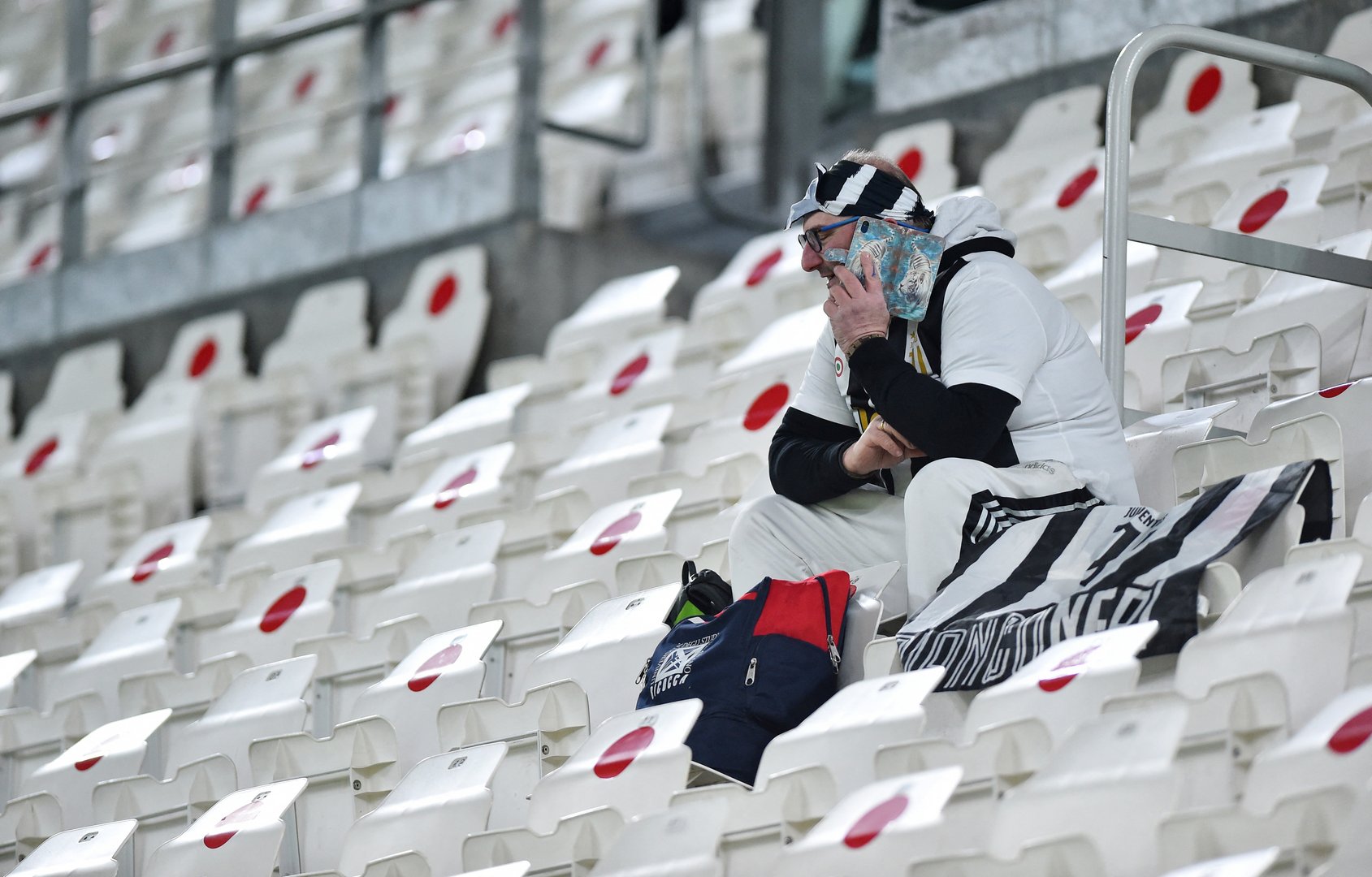The Italian government has approved a new sports protocol outlining clearer guidelines on when a match should be postponed for COVID-19 related reasons.
Sport, health and government bodies have agreed that fixtures must be fulfilled unless 35% or more of the players in a squad have tested positive to the virus.
Positive-testing players must self-isolate, while their close contacts do not have to but, must be continually tested for five days, wear an FFP2 mask off the pitch and record a negative test result four hours before a match.
Italy has struggled with soaring COVID-19 cases in recent weeks, reaching a high of more than 228,000 daily cases on Jan. 18.
Stadium capacities were reduced to a maximum 5,000 for the final two rounds of Serie A fixtures in January, in a bid to stop the spread.
The hope is that new measures around postponements should stop further fixture confusion after a chaotic start to the year.
Four games in Serie A were farcically abandoned on Jan. 7 when only one team showed up for each of them, due to conflicting instructions from sport and health authorities.
The league body stuck to the original protocol by refusing to postpone games where teams had at least 13 players, including a goalkeeper, available.
But four teams – Bologna, Torino, Salernitana and Udinese – were forbidden from travelling by their local health authorities (ASL) due to COVID-19 outbreaks.
That meant their respective opponents Inter Milan, Atalanta, Venezia and Fiorentina turned up at the stadium, named a team and waited until half time for the match to be officially abandoned.
With Serie A and the ASLs finally on the same page, the hope is that the situation is not repeated.







Click here to change your cookie preferences